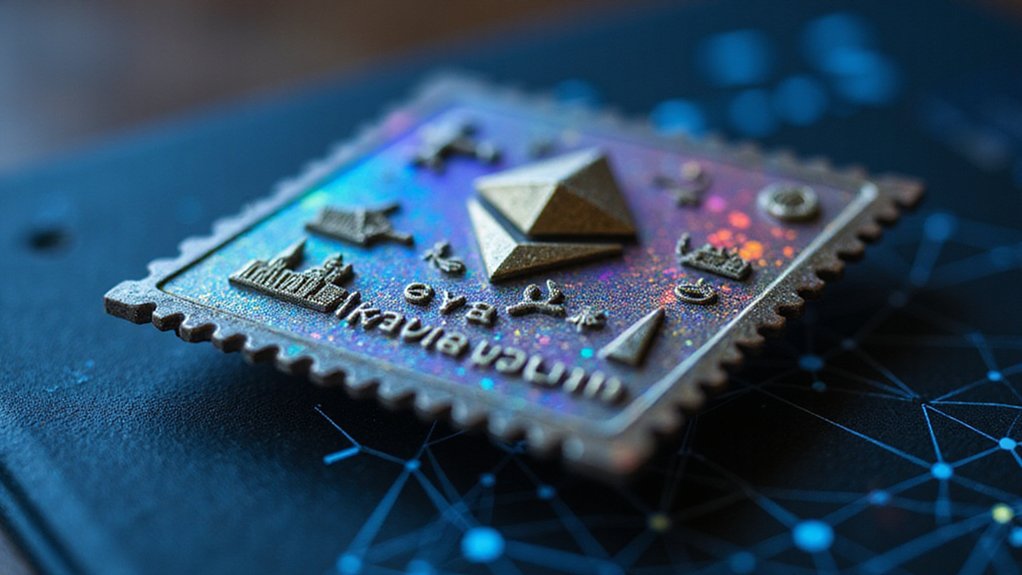In a blistering critique that sent tremors through the crypto-AI intersection, Binance founder CZ has effectively declared 99.99% of artificial intelligence tokens worthless—a figure so close to totality it barely leaves room for exceptions.
Almost all AI tokens are worthless distractions from the genuine utility blockchain should deliver.
His fundamental argument centers on the prevalent token-first approach plaguing the sector, where projects prioritize fundraising mechanisms over developing functional AI agents that solve real-world problems.
The market responded with predictable sensitivity to such pronouncements from a crypto heavyweight, with AI-related tokens experiencing a 5-10% correction while established cryptocurrencies like Bitcoin and Ethereum remained unperturbed.
This divergence suggests discriminating investors may already distinguish between speculative froth and substantive utility.
CZ’s position aligns remarkably with Ethereum founder essential Buterin and trader Arthur Hayes, who advocate utility-first approaches.
Their collective stance—that developers should deploy established cryptocurrencies for transactions rather than minting redundant tokens—represents a growing consensus that the ecosystem doesn’t require additional payment mechanisms simply because they involve artificial intelligence.
The timing recommendation resonates particularly clearly: tokens, if necessary at all, should emerge only after products demonstrate market fit.
This progression (product first, token later) contradicts the prevailing speculative model where tokenization frequently precedes functional development—a pattern reminiscent of 2020-2023 DeFi bubbles.
Notably, successful AI projects in 2024 have leveraged existing crypto infrastructure rather than launching proprietary tokens, validating CZ’s perspective through practical examples.
This trend toward consolidation may ultimately strengthen the Ethereum and Bitcoin networks as transaction layers for next-generation applications.
For developers, the implications are straightforward: demonstrate value before monetization.
Building high-quality AI agents that solve genuine problems creates natural utility, potentially justifying tokenization later.
This approach also aligns with regulatory preferences for substantive offerings over speculative assets.
The fallout from CZ’s commentary extends beyond price movements, potentially catalyzing a broader industry recalibration where AI-crypto integrations focus on pragmatic utility rather than token economics—perhaps the market maturation blockchain has long needed.
This perspective reflects the broader industry shift from speculation toward tangible utility in the cryptocurrency landscape that experts predict will characterize the market in 2025.







